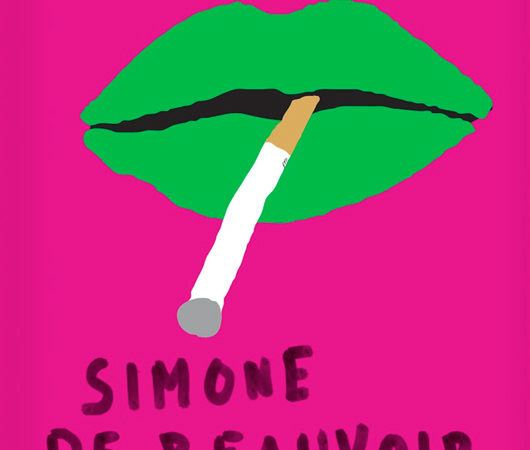
—Uzoamaka Maduka
You come in
by the same door, you carry
The joy of reading literary publications is sometimes the joy of minor astonishment through recognition.
Issue No. 6 of The White Review (an excellent literary quarterly from London) features a piece by essayist Hugh Foley, a byline I’ve only ever come across in Review 31, an online-only book review publication. Foley writes about a certain poet-librarian from Cambridge, but he enters his essay through politics (or obliquely as New Yorkers might put it).
My eyebrows crossed after reading the first paragraph. Why? Because Foley brings up two names I had almost forgotten—and also because his introductory paragraph is sly.
The scene is set when Conservative Party quasi-cabinet member David Willetts delivers a speech at Cambridge wherein he is summarily protested by way of poetry, and act unimaginable in premiere American universities:
Rather than employing such tried and tested heckles as “Tory scum!”, the audience
declaimed a call-and-response poem. There are not many places poetry would be
considered the natural response to an assault on higher education, but in Cambridge
the notion of resisting capitalism through verse has an illustrious tradition.
It is revealed that the “leader” of the protest at Cambridge is a student named Owen Holland. (Though I’ve never met Holland, I know of him, mostly because he regularly emails a friend of mine with long, rich critiques of her academic writing. His is the sort of generous, repetitious behavior of a mind who should be remembered beyond the mediocre writers with whom he’s forced to share a generation.) But the essay isn’t about Holland; it’s about the Cambridge librarian who comes to his defense: the poet J. H. Prynne. When Cambridge administrators try to (hilariously) ‘rusticate’ Holland for his misdeeds, for seven terms (!), Prynne writes that students should be free to “uncover the gross disparities of authority and intimidation that lie below the skin of reasonableness.”
Now, Prynne is a virtual unknown, at least to the degree where a British literary quarterly feels the need to unveil him to its readers. Yet while reading about Prynne, it occurred to me where I’d heard of him before. Emily Witt—contributor to issue three of The American Reader—wrote an excellent essay on the little-known Prynne for n+1.
This is just an oblique way of asking you to read Emily Witt’s piece for n+1 and Hugh Foley’s piece for The White Review. Both pieces, it seem to me, deal with questions of politics and poetry in different ways; yet both do it, nonetheless. The opening two lines are an appropriate bit of Prynne.
—J. Kyle Sturgeon
“Across the alley from us was the Paradise Dance Hall. On evenings in the spring the windows and doors were open and the music came outdoors. Sometimes the lights were turned out except for a large glass sphere that hung from the ceiling. It would turn rather slowly about and filter the dusk with delicate rainbow colors. Then the orchestra would play a waltz or a tango, something that had a slow and sensuous rhythm. Couples would come outside, to the relative privacy of the alley. You would see them kissing behind ash pits and telephone poles. This was the compensation for lives that passed like mine, without any change or adventure. Adventure and change were imminent this year. They were waiting around the corner for all these kids. Suspended in the mist over Berchtesgaden, caught in the folds of Chamberlain’s umbrella. In Spain there was Guernica. But here there was only hot swing music and liquor, dance halls, bars, and movies, and sex that hung in the gloom like a chandelier and flooded the world with brief, deceptive rainbows…All the world was waiting for bombardments!”
—Tom’s monologue from The Glass Menagerie
I had the opportunity to watch A.R.T’s production of Tennessee Williams’ “The Glass Menagerie” this past weekend. It was such a distinct pleasure to be reminded of drama’s poetic potential—to watch a play in which the language was no less important than the action driving the drama’s plot, where the images painted by the words being uttered were subtle universes in and of themselves. It didn’t matter what “Blow out your candles Laura— and so goodbye” actually meant, the inner rhythm of the words spilling together was enough to leave them ringing in my head for days…
—Elianna Kan

